Quick pop quiz. What is the toughest creature on Earth?
A great white shark? A mountain gorilla? An African elephant?
Human beings?
Nice try, but you're not even close. Have you ever heard of the tardigrade?
Also known as water bears, these microscopic muchachos are less than 1 mm (0.03 in.) long and have eight legs. And according to new research from Oxford and Harvard Universities, they are the creature mostly likely to survive any disaster the universe could throw at the planet.
That little guy? No way!
We know what some of you are thinking. How could that creature be the toughest around? I could squish it in between my fingers!
You could try. But tardigrades can survive intense, crushing pressure and keep on trucking.
I'd leave it in the desert with no food or water!
So mean... and wrong again. Not only can the tardigrade beat the heat with ease, it can live for decades (that's many tens of years) without both food or water.
Really? Okay, uh, then I'd...
Whoa, whoa, hold on there. It's time to face the truth. The tardigrade is something else. Just look at some of the other things that water bears can survive...
- Being frozen solid
- Being boiled in water
- Exposure to radiation 100 times stronger than a lethal dose to humans
- Being in the vacuum of outer space without air
In fact, outside of being burned in fire, scientists have not been able to find much of anything that can kill a water bear.
Not so fragile after all, right?
Slow steps to long life
We don't blame you for feeling amazed. Even though we've known about tardigrades (meaning "slowstepper" in Italian) since the late 1700s, it was only recently that we really got a clue about how amazing these animals actually were. They are capable of living anywhere on Earth and have about 1100 different recorded species.
Now this newest research suggests that whether it's a nearby supernova, gamma rays, or an asteroid hitting the Earth, the tardigrade will live on. Even the death of our Sun wouldn't trouble the water bear. (Yes, you read that correctly. Tardigrades will outlive the Sun.)
How tough is life really?
The real reason for this Oxford/Harvard study was to investigate what life can live through. Not for the sake of life on Earth, but to better understand what to look for in outer space.
According to a statement from David Sloan, one of the researchers at Oxford, "Our study instead considered the hardiest species [of animal]—the tardigrade. As we are now entering a stage of astronomy where we have seen exoplanets [planets outside our solar system] and are hoping to soon...[be] looking for signatures of life, we should try to see just how fragile this hardiest life is."
In other words, to better understand everywhere that life can exist in the universe, we need to look at Earth's greatest survivor. The water bear. And their conclusion?
"To our surprise," Sloan says, "we found that although nearby supernovas or large asteroid impacts would be catastrophic for people, tardigrades could be unaffected. Therefore, it seems that life, once it gets going, is hard to wipe out entirely."
For more on the survival powers of this remarkable creature, watch this video. Who's tough now, huh? That's right.
Water bears!
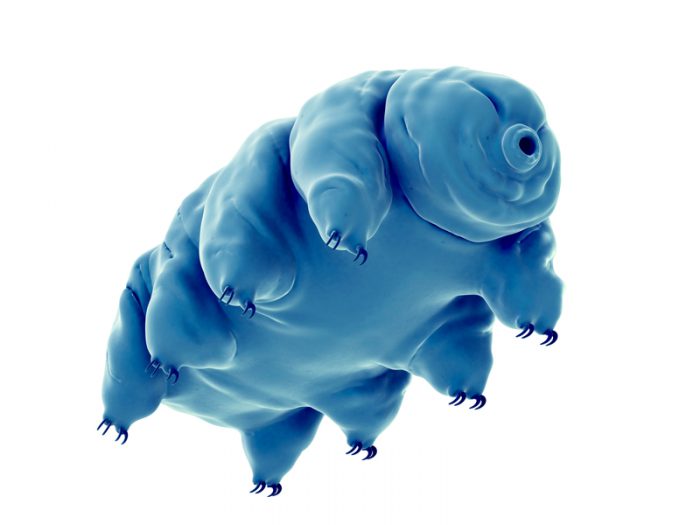 Bow to the mighty tardigrade! (© Sebastian Kaulitzki | Dreamstime)
Bow to the mighty tardigrade! (© Sebastian Kaulitzki | Dreamstime)
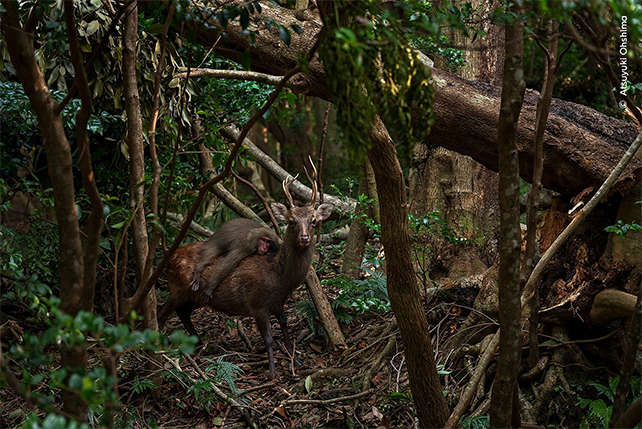

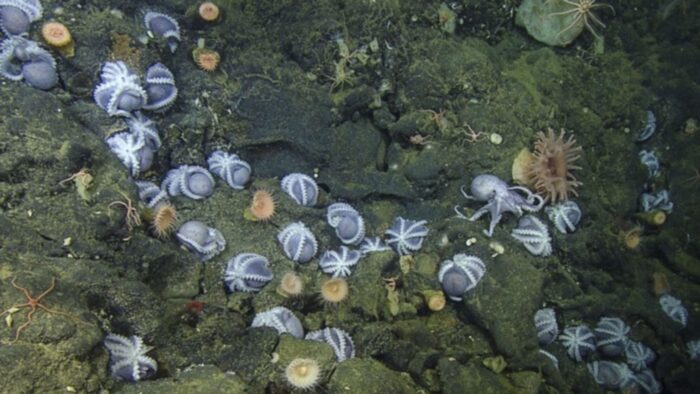
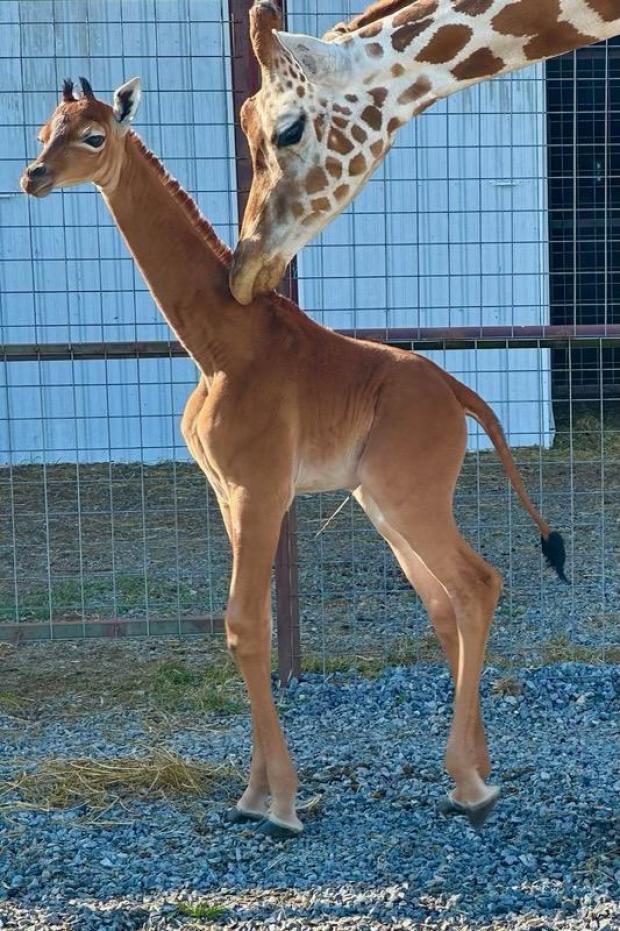
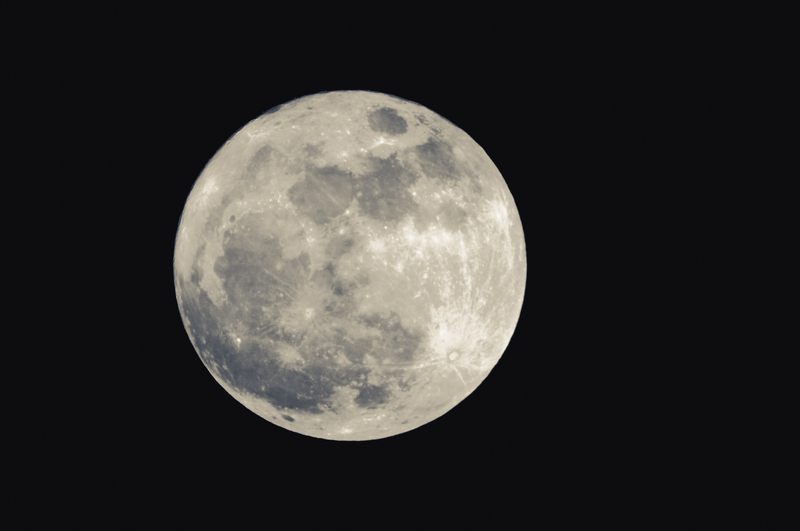
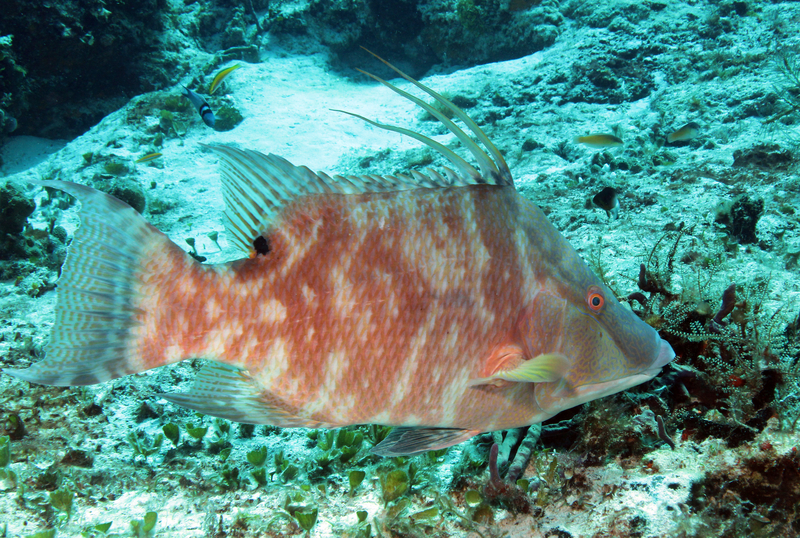

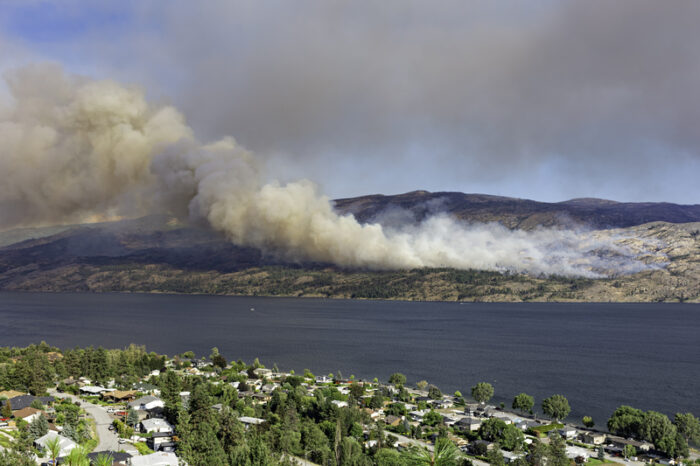
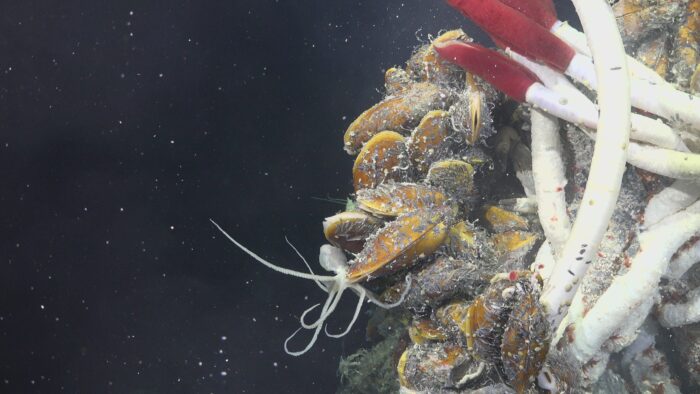
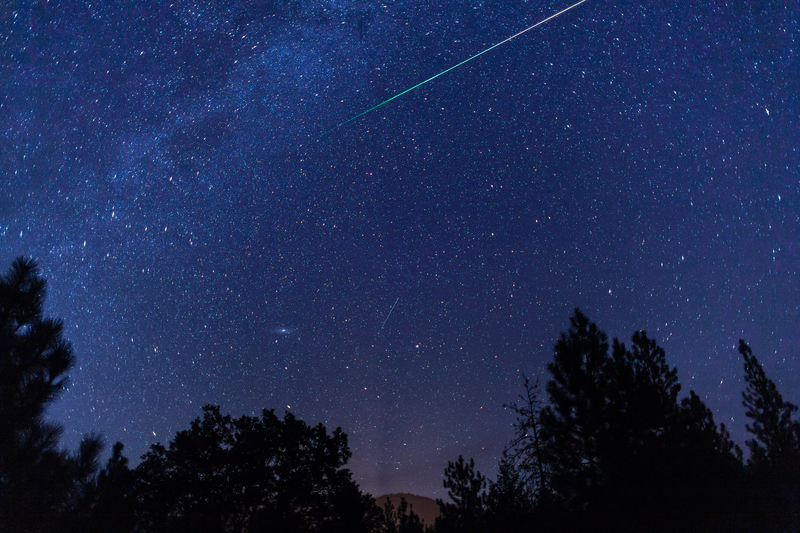
Amazing, great research and good video.
🙂 😀 🙂 😀
But I do have one question can the tardigrade survive being chopped up by a knife and also I know you mentioned this but can the tardigrade survive being set on fire?
Awesome subject today
chopping it up with a knife be impossible,it is an microscopic creature that you can’t see with your eyes. Technically, it would be like squeezing instead of chopping